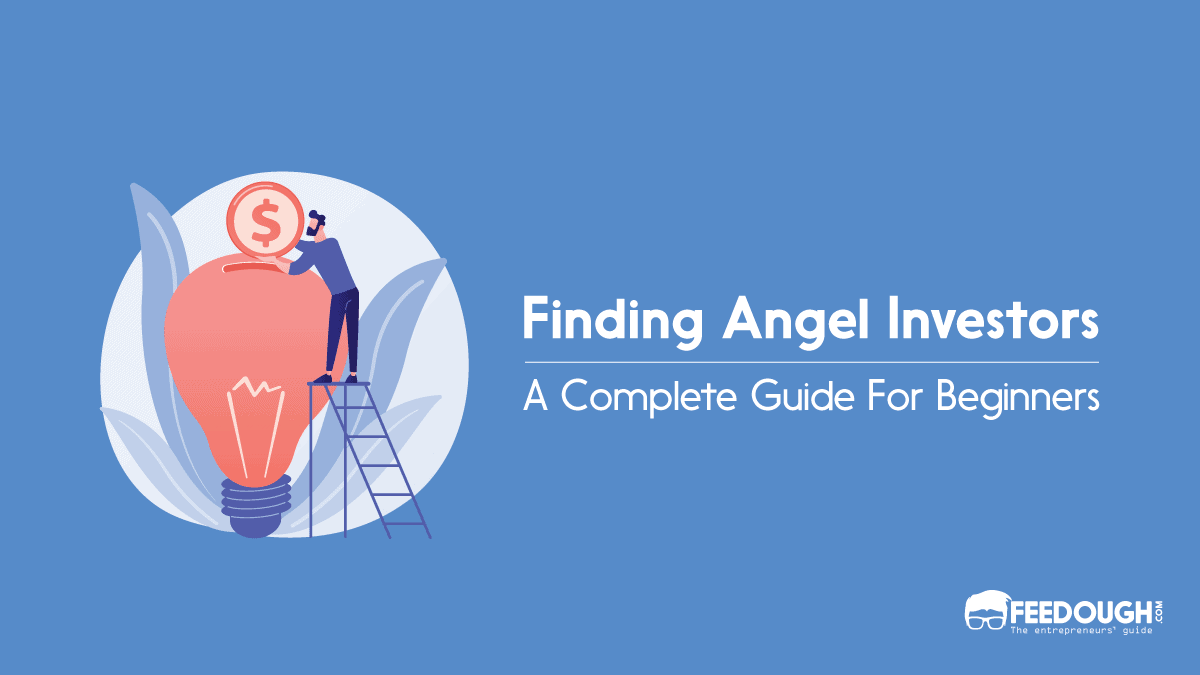If you’re an entrepreneur or anyone who follows startups, you must have heard the terms angel investors and angel investing quite a few times now. You must identify an angel investor as someone who invests in startups and might even know that high net worth individuals like Jeff Bezos and Marissa Mayer count themselves as angel investors too.
But what exactly is an angel investor, and how is it different from a venture capitalist or any other startup investor.
Let’s find out.
What Is Angel Investor?
Angel investors (also called seed funders, private funders, and angel funders) are high net-worth individuals who invest in early-stage startups, usually in exchange for ownership equity in the company.
Such investors are often the primary source of investment for the startups during their early stages when –
- The concept is ready, but the business is yet to start or when the business is just recently started,
- The business is yet to gain real customer traction or has less customer traction, and/or
- The final product needs investment to be developed or developed at scale.
Since startups involve high risks, banks don’t offer them loans, and they’re left with approaching high net-worth investors to take funding in exchange for ownership equity or interest on investment. This is the reason why such investors are called angels – people who help founders when no one else does.
What Does An Angel Investor Do?
Angel investors are investors in real sense. They invest in growing businesses just to make the most out of their investments when they exit. They provide high potential startups with –
- Monetary investments,
- Non-monetary help in terms of better deals because of their network,
- More exposure and publicity by associating their name with the startup, and
- More investment opportunities by associating their name with the startup.
How Do Angel Investors Work?
Angel investors are peculiar when it comes to working. They differ from venture capitalists as they work alone, and from corporate investors as they are more open to entrepreneurs taking their own decisions.
- Source Of Funds: Angel investors usually invest their own personal capital at their own discretion. But there are times when the funds are sourced from a company, a business, a trust, or an investment fund, etc. Moreover, there isn’t a minimum or maximum investment for an angel investor. One can be considered as an angel investor even if (s)he invests $100 in a startup.
- Type Of Investment: Angel investors usually invest in exchange for equity only when it’s possible to calculate the startup’s valuation. In scenarios when it’s too early to get the valuation of the startup, they invest in the form of convertible notes or debts.
- Involvement In Business Activities: Angel investors may or may not participate in the business decision and activities depending on their nature, discretion, and the contract with the startup founders.
- Money And Contract: Since there’s a high risk of losing the investment, angel investors invest comparatively less and take higher equity ownership when compared to other investors like venture capitalists that invest during the later stages of the startup.
How Much Do Angel Investors Invest?
Generally, angel investors invest anywhere between $25,000 to $100,000. But there are cases when this investment extends to over a million as well. How much money angel investors invest in a startup usually depends on –
- The industry the business operates in
- The growth potential
- The stage of the business
If the startup is just in the conceptualisation stage and requires investment to convert the concept into an actual business, the investment made is small as it is based just on the entrepreneur’s and his/her team’s calibre, not on the proven validity and viability of the idea.
However, if the idea is validated and the startup takes the investment to grow, the investment made is more significant. It might even involve less dilution of the existing shares of the founders.
But,
Since angel investors take more than usual risks, they look for equity ownership percentage of 25% or more in return for their investment in a company.
What Are The Different Types Of Angel Investors?
Depending upon the startup requirements, the stage of the business, and the network of the founder(s), investors that invest during the angel round can be divided into five types.
The Family Investor
The family investor is a supportive family member that knows the founder and believes in him and his idea. The motivation to invest comes from the willingness to support a family member.
The investment and the contract depend on the financial standing of the family investor and his/her relationship with the founder.
The Relationship Investor
Relationship investor is anyone who the founder has known for a while. (S)he can be a co-worker from the previous company, an ex-boss, a family friend, or a business friend the founder has known for a while.
These investors are motivated to invest in the business both because of the willingness to support and to earn some return on investment.
The Domain Investor
These are the domain experts that have worked in the domain for some time now and have even invested in startups dealing in the said domain.
The domain investors are also called the idea investors as their investment is solely motivated by the concept, and there is very little emotion around the table. They get the motivation from their experience of judging whether the team and the idea can bring in a good return on investment or not.
The Once Removed Investor
These people usually come on board because of their relationship with the existing investor of the startup. In most cases, they don’t know the startup founder or have experience in the domain, but they invest in the idea anyway because they trust in the people who advised them to.
Usually, the domain investor and/or the relationship investor bring in the once-removed investor on board.
The “Archangel” Investor
Also called super angels, these are the well-known angel investors who have invested in several ventures and have achieved fame and fortune as commercial successes.
The archangel investor is the influencer investor who often also provides advice on business opportunities to a group of angel investors that follows him/her.
Pros And Cons Of Angel Investors
Just like other types of startup investments, angel funding comes with its own advantages and disadvantages –
Pro: Angel Investors Invest In Risky Businesses: Angel investors invest in businesses that fail to get money from debt financing.
Con: Angel Investors Take A Higher Equity Percentage: The investors take higher equity ownership in return for the risk they take by funding the business.
Pro: The Money Isn’t Loan: Generally, there is no obligation for the startup founder to return the money invested by the angel investor.
Con: Founders Have To Share Their Control Over The Business: Since the angel investor owns a share of the business, the founders have to include him while taking decisions regarding the business.
Pro: Founders Get Non-Monetary Assistance As Well: Angel funders have vast experience and a good network. They prove to be beneficial for the startup founders in helping them connect with potential clients, partners, and other stakeholders. They also attract other investors on board just by associating themselves with the startup.
Con: Expectations From The Startups Increase: Since the money is at stake, the expectations from the startup increases, which increases the pressure the founders operate in.
Go On, Tell Us What You Think!
Did we miss something? Come on! Tell us what you think about our article on what is angel investor in the comments section.
A startup consultant, digital marketer, traveller, and philomath. Aashish has worked with over 20 startups and successfully helped them ideate, raise money, and succeed. When not working, he can be found hiking, camping, and stargazing.
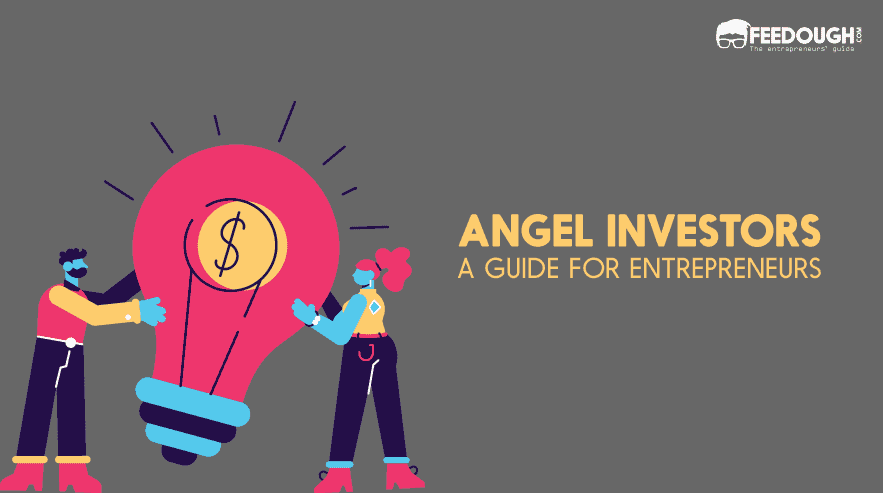
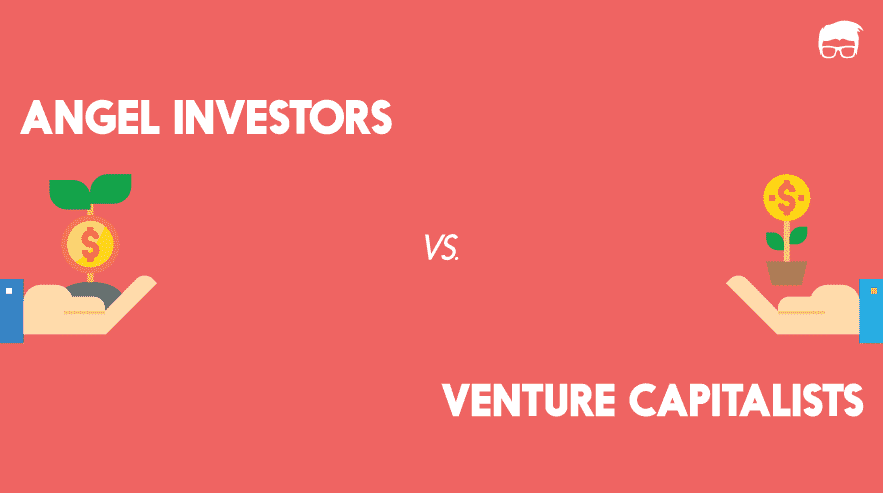
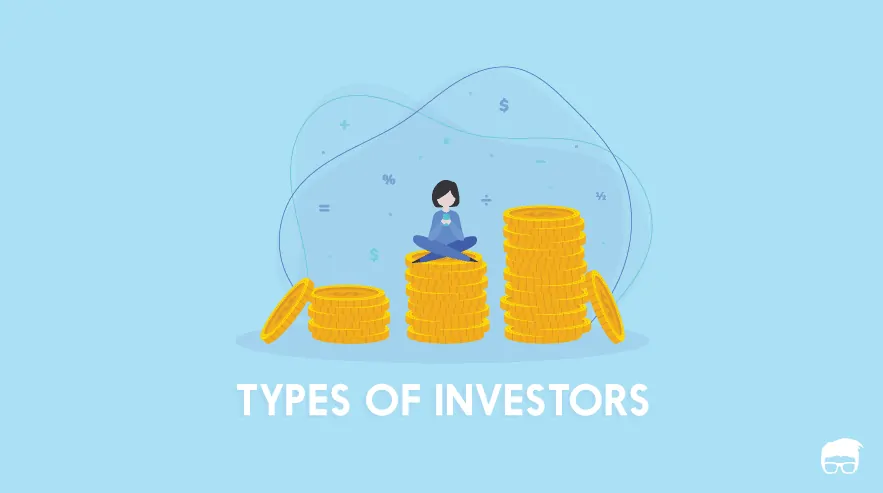
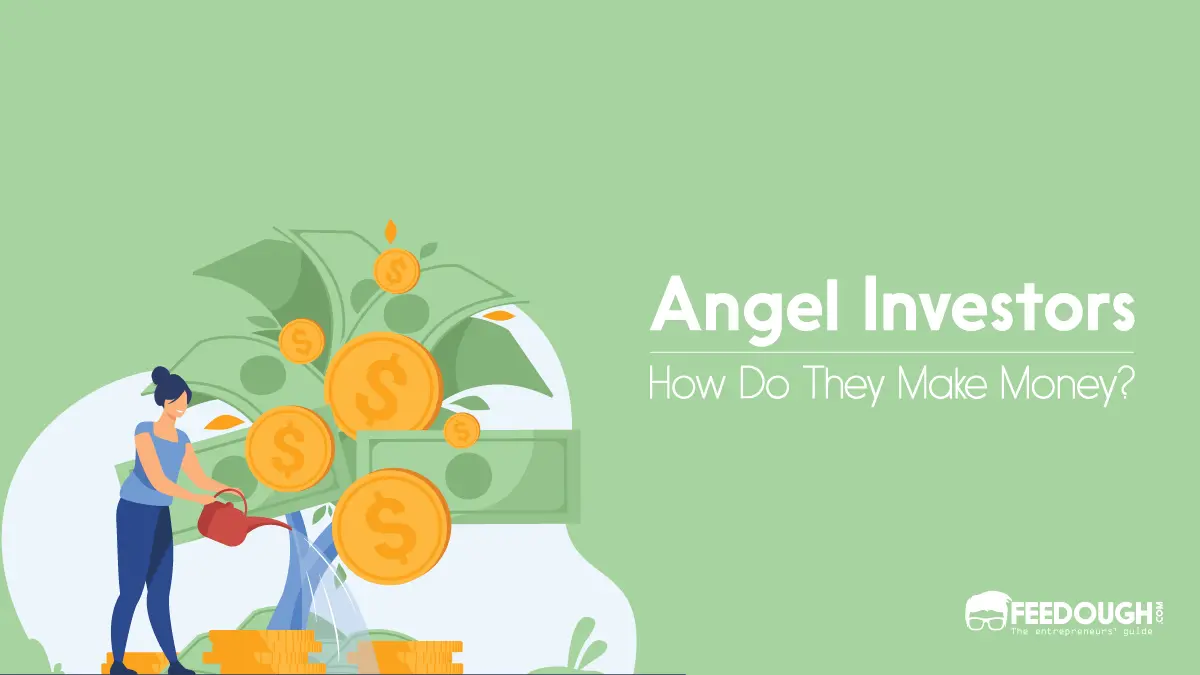
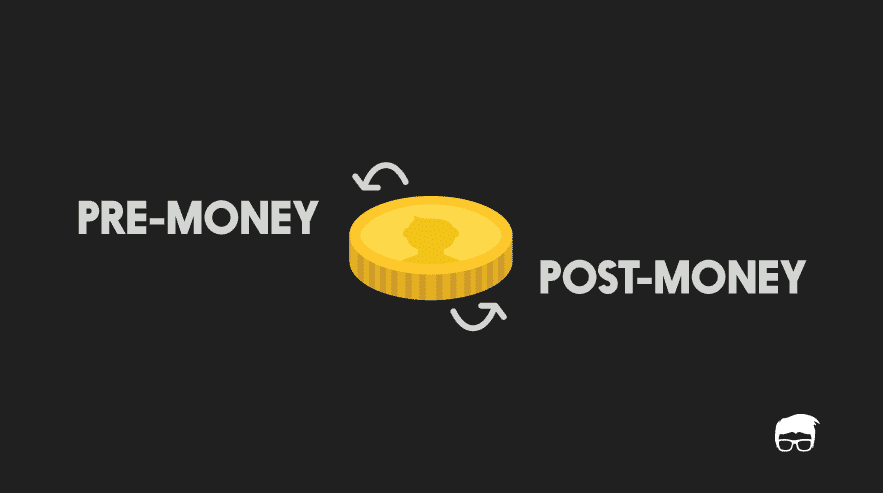
![How To Get Startup Funding [The Complete Guide] startup funding guide](https://www.feedough.com/wp-content/uploads/2022/08/startup-funding-guide.webp)

